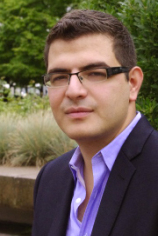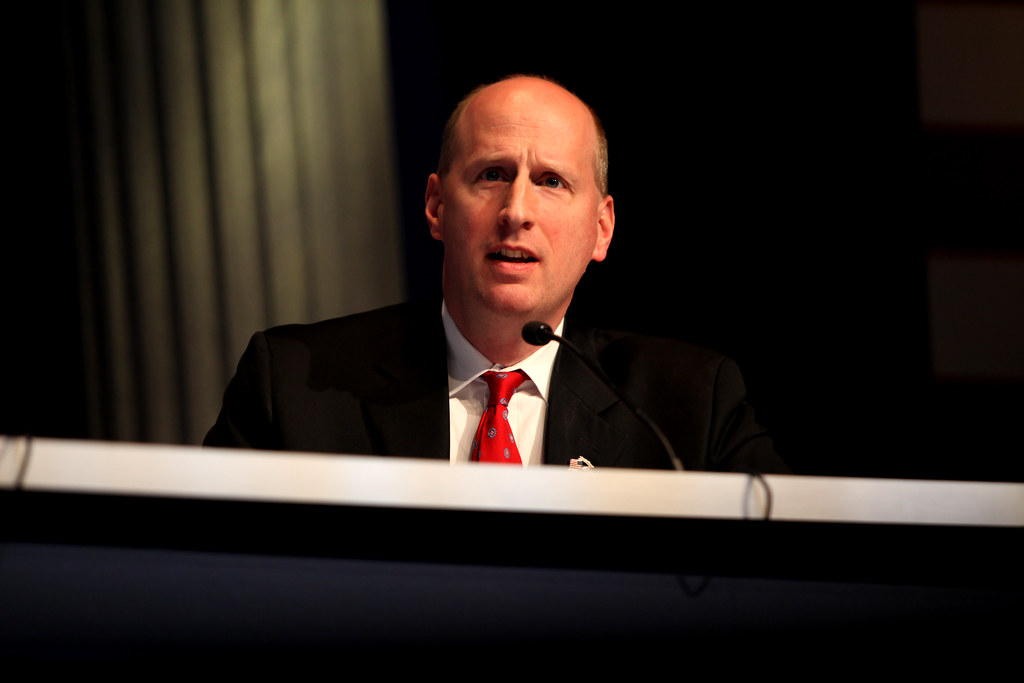
 The value of liberalism and religious pluralism in American society is coming under sharp debate in conservative religious and political circles, according to the online magazine Quillette (June 11). Cathy Young reports that the controversy over liberalism boiled over recently in a feud between New York Post op-ed editor Sohrab Ahmari and National Review writer David French, when the former questioned the conciliatory stance of French, who is an evangelical, on culture-war issues. Ahmari, a Catholic who is a supporter of Donald Trump, criticized French, a “never Trumper,” for adhering to the values of individual autonomy and civil engagement rather than militantly fighting for moral values and the establishment of the “Highest Good” in American public life. That last idea has suggested to critics that Ahmari would favor government support of Christianity and even Catholicism, although he denies that charge. Ahmari sees the presidency of Donald Trump as furthering the fight against secular progressivism in Trump’s drive for greater national identity and solidarity. Young writes that this debate is not just about strategy among conservatives but rather highlights a trend among them to question the very notion of political liberalism.
The value of liberalism and religious pluralism in American society is coming under sharp debate in conservative religious and political circles, according to the online magazine Quillette (June 11). Cathy Young reports that the controversy over liberalism boiled over recently in a feud between New York Post op-ed editor Sohrab Ahmari and National Review writer David French, when the former questioned the conciliatory stance of French, who is an evangelical, on culture-war issues. Ahmari, a Catholic who is a supporter of Donald Trump, criticized French, a “never Trumper,” for adhering to the values of individual autonomy and civil engagement rather than militantly fighting for moral values and the establishment of the “Highest Good” in American public life. That last idea has suggested to critics that Ahmari would favor government support of Christianity and even Catholicism, although he denies that charge. Ahmari sees the presidency of Donald Trump as furthering the fight against secular progressivism in Trump’s drive for greater national identity and solidarity. Young writes that this debate is not just about strategy among conservatives but rather highlights a trend among them to question the very notion of political liberalism.
The most well-known exponent of this position is University of Notre Dame political philosopher Patrick Deneen, who argues that such foundational American values as Enlightenment liberalism and individualism should be considered a failed experiment given the moral decline of the country.

Young adds that this has raised the charge that Deneen and company support “integralism,” which advocates a greater subordination of the state to the church, which in this case would mean the Catholic Church (Deneen refutes this charge). Integralism has found a new hearing in the pages of conservative religious publications such as First Things and among such Catholic thinkers as Harvard law professor Adrian Vermeule, University of Dallas political scientist Gladden Pappin, and philosopher Thomas Pink.
According to Young, while the anti-liberal trend is not limited to conservative Catholics, “it does appear to be strongly linked to religious traditionalism,” with orthodox Jewish political scientist Yoram Hazony arguing in the pages of First Things for a similar political vision. Hazony is more supportive of American constitutionalism, although the conservative democracy he proposes would give a prominent public role to a nation’s majority religion (though offering “wide toleration” of other religious views). Young links the new friendliness to integralist ideas and criticism of political liberalism among religious conservatives to the nationalist and populist movements and governments in Europe, especially Poland and Hungary, which have given a greater role to Christianity in public life.
(Quillette, https://quillette.com/2019/06/11/the-rise-of-the-illiberal-right/)